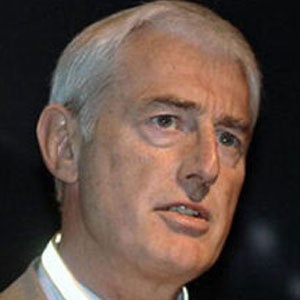
Professor M. John Chapman (Co-Chair)
Disclosure details
Research funding from Amgen, Kowa and Pfizer, and honoraria for speakers’ bureau activities and consultancy from Amarin, Amgen, AstraZeneca, Daiichi-Sankyo, MSD, Novartis, Sanofi, Servier, Regeneron and Pfizer.Research Professor, Medical Faculty of Sorbonne University and Director Emeritus of the National Institute for Health and Medical Research (INSERM) at the Pitié-Salpêtrière University Hospital, Paris, France




